By Katy Collin
On September 25, Iraqi Kurds held a referendum on independence. Within the week, on 1 October, the Spanish region of Catalonia did as well. Baghdad and Madrid both responded with shows of force. There is a constitutional crisis unfolding in Spain. In Iraq, there have been military confrontations between Kurds and Arabs. The causes of this instability are similar, regardless of the disparate geography, wealth, and stability of the two states.
When referendum-related violence occurs, as it did in East Timor in 1999, Sudan’s Abyei region in 2011, in Barcelona on October 1, or in the Iraqi disputed territories last month, it can be devastating. It is also predictable.
Votes for independence
What referendum characteristics are likely to lead to conflict? Votes that are territorial, unilateral, and could lead to change. In Kurdistan and Catalonia, these factors were each present in cast votes.
Secessionist movements and territorial referendums are not uncommon. Catalonia and Kurdistan are good demonstrations of how conflicting norms of territorial integrity and self-determination play out and why the contestation of borders is so often violent. Territorial referendums pose existential, zero-sum questions to voters and states, often in polarized societies. Referendum-related violence associated with territorial votes is rare but severe.
A central state and a breakaway region can negotiate the terms of a vote in advance to effectively mitigate risks of violence. The 2014 vote in Scotland was multilateral, as Edinburg and London reached an agreement on the referendum prior to its organization. Although the U.K. did not negotiate agreement with the EU in advance of the Brexit vote, Article 50 of the Lisbon Treaty establishes the right of any member state to withdraw. Arguably, Canada’s Clarity Act on provincial secession would operate similarly. These mechanisms decrease argument between a region and a state over the stakes of a vote.
The Kurdish and Catalan votes were unilateral. Iraq and Spain both asserted the illegality of their referendums. The Iraqi parliament passed a law declaring the Kurdish referendum illegal. Similarly, the Spanish Constitutional Court deemed the vote in Catalonia unconstitutional.
However, unilateral referendums are not uncommon. From Somaliland to South Ossetia, break-away territories regularly vote for independence. Both Catalonia and Iraqi Kurdistan have held previous unofficial votes for independence. Catalonia polled voters in 2009-2010 and in 2014. Iraqi Kurds voted for independence overwhelmingly but unofficially in 2005.
So why are Spain and Iraq responding with force now when they did not before? Unlike previous referendums, these votes were organized to legitimate secession rather than just assert that people would like it. Catalonia declared independence, while Iraqi Kurds wanted a two-year transition. Unilateral referendums that alter international borders, like those of former Yugoslavia, provoke conflict.
Responding to the referendums
Nevertheless, Catalan and Kurdish leaders would prefer to negotiate. In Catalonia, the regional president made repeated calls for dialogue. His Kurdish counterpart stated that the purpose of the vote was to bring Baghdad to the table. Kurds and Catalans, whether they are ultimately pursuing greater autonomy or independence, have tried to use these referendums to get Baghdad and Madrid to open dialogue. Given a choice between fighting and talking, why aren’t states talking?
In Spain and Iraq, referendums are an outcome of years of central state failure to manage autonomy arrangements. Both have used autonomy to balance the demands of minorities with the goals of maintaining a unified state. It is a subject of debate whether autonomy increases calls for independence or prevents ethnic conflict.
In these cases, frustrated demands for greater autonomy have led to more strident calls for independence. Catalans have been seeking more autonomy for over a decade. Iraqi Kurds have several outstanding issues in their autonomy arrangement, including the status of the disputed territories and rights to oil revenues. Provisions in the 2005 Iraqi constitution to address some of these problems were not carried out. Referendums have been organized only after these regions have failed to advance their goals through negotiation and legal channels.
States that have multiple breakaway territories are more likely to use force in response to secessionist demands. Governments try to set examples that discourage other areas from following suit. Spain cracks down on Catalonia to send a message to the Basques. Conversely, Catalonia’s frustrated demands for greater fiscal autonomy, along the lines enjoyed in the Basque region, have driven calls for independence. Likewise, in Iraq the Kurds, Arab, Sunnis and Shiites hold together in a delicate equilibrium. Altering arrangements for the Kurds, particularly in the disputed territories, could upset Iraq’s internal and regional balance of power.
There remain two basic paths for Baghdad and Madrid. One, which has predominated so far, is continuing crackdown. The other is to negotiate. Spain suspended Catalan autonomy, but it is has also begun organizing a parliamentary committee to consider amending the constitution. In Iraq, Shiite militias pushed Kurdish Peshmergas out of Kirkuk, imposed an air-space embargo, and took control of international borders within the autonomous region. At the same time, the Kurdish president and most pro-secessionist leader, Masoud Barzani, has resigned, potentially clearing the way for a new approach to Baghdad following next year’s elections. The referendums may still serve to push the parties toward conflict or negotiation.
Katy Collin is a post-doctoral research fellow at the Brookings Institution and an adjunct instructor at American University. Her research is of the use of referendums in peace processes

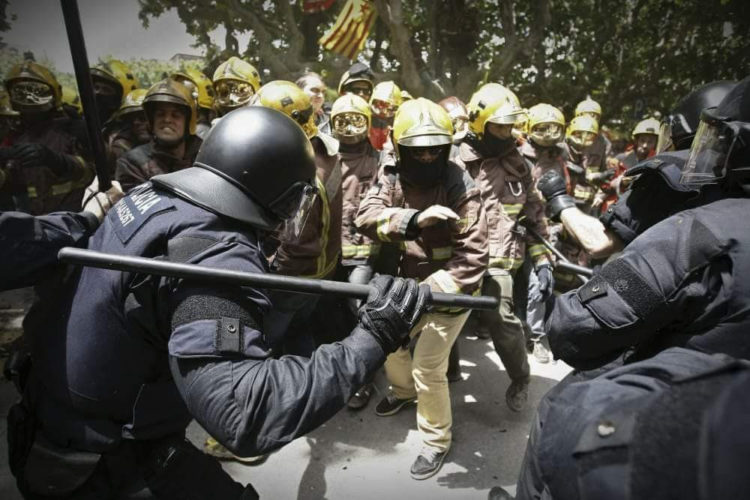
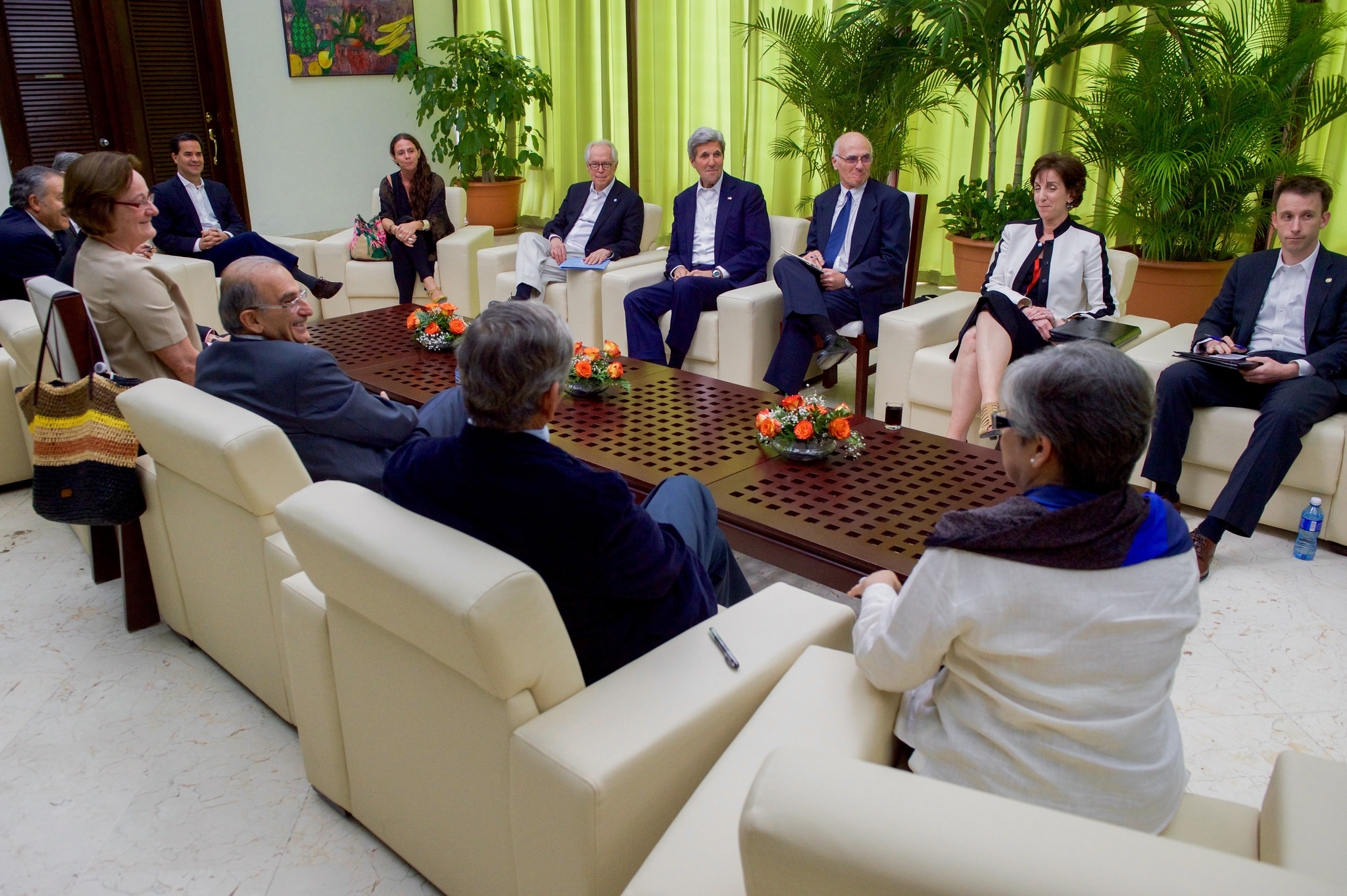
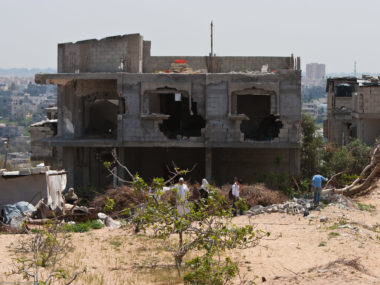
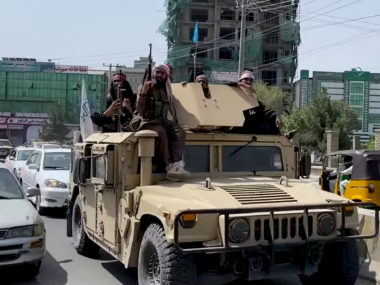
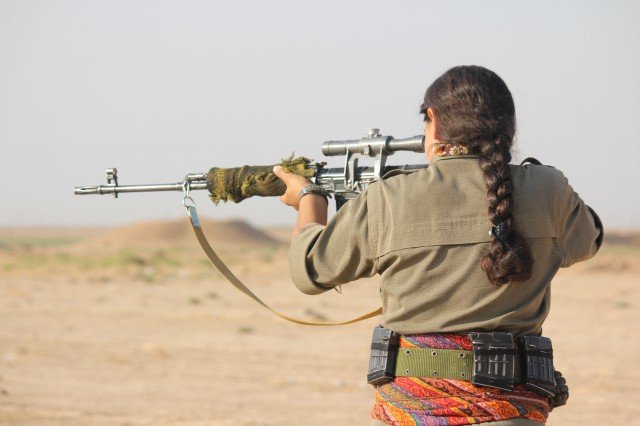


1 comment